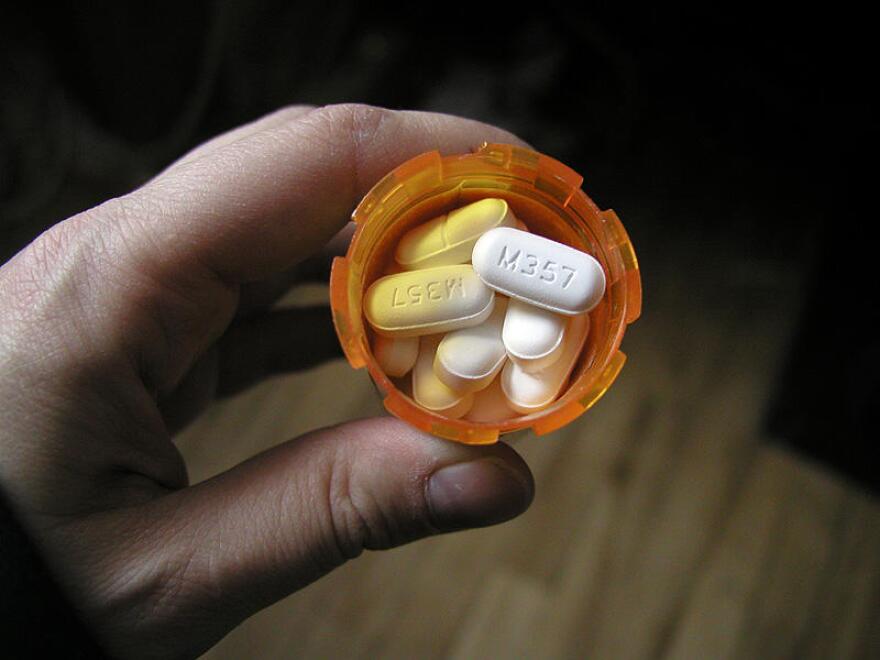Hundreds of people in Wisconsin die each year from heroin or prescription painkiller overdoses. Milwaukee's city and county leaders are beginning a combined effort to curb opioid abuse.
They believe they can accomplish more together than on their own. On Friday, the City-County Heroin, Opioid and Cocaine Task Force will hold its first meeting at City Hall.
Opioid abuse has risen in Wisconsin the past few years. So have the state's attempts to curb it. In 2013, the state attorney general launched a public service campaign, which featured both the stories of people who lost loved ones to drugs, and people who were addicted to painkillers or heroin. Two years later, under a new attorney general, the Department of Justice offered another campaign, targeting abuse of prescription painkillers. Late last year, Gov. Scott Walker's Task Force on Opioid Abuse took shape.
With such efforts underway, why did local governments feel the need to team up? There were several motivating factors, according to Hector Colon, who heads the county's Health & Human Services department. One of them was that the governor's task force didn't include anyone from this part of the state.
"We all here in the city of Milwaukee feel that that was unfortunate, and kind of do not understand why we weren't invited to be at the table. It's one of the reasons why we are developing our own task force here locally," Colon says.
Colon says another reason for the city/county collaboration is to allow the governments to coordinate -- instead of duplicate -- efforts. And he says the two governments can jointly apply for state and federal grants, creating a more powerful voice for how they’d spend the money.
"There's two things that really need to happen with those resources, in my opinion. One is we need a robust public health campaign that will really drive towards more prevention and awareness with regards to this issue. And then you need money for intervention," Colon says.
Experts on drug treatment would provide guidance on how to use grant funding. They're among members of the new city/county panel. The county coroner, whose son died of an overdose, also is serving on the task force. So is Ald. Michael Murphy. He helped highlight the opioid problem a few years ago, by organizing a summit on the subject. At the event, he explained why the community should pay attention.
"We now see more people dying in this country of opiate-related and heroin deaths than automobile accidents, and too many of them are our children. When you look at these trends, God help us if we don't make a difference," Murphy said.
Murphy says there's been some progress since the summit. For instance, society is beginning to recognize that people with addictions need treatment -- not prison. Yet Murphy says overdose deaths have actually gone up in the last few years, and can be considered a "true public health epidemic." He says someone in Milwaukee County dies almost every day of an overdose.





